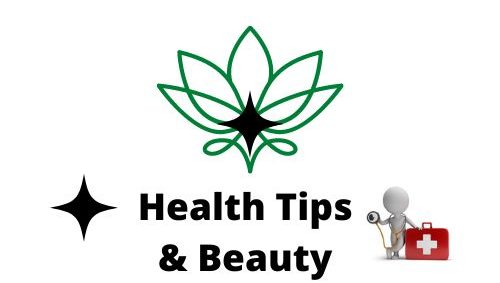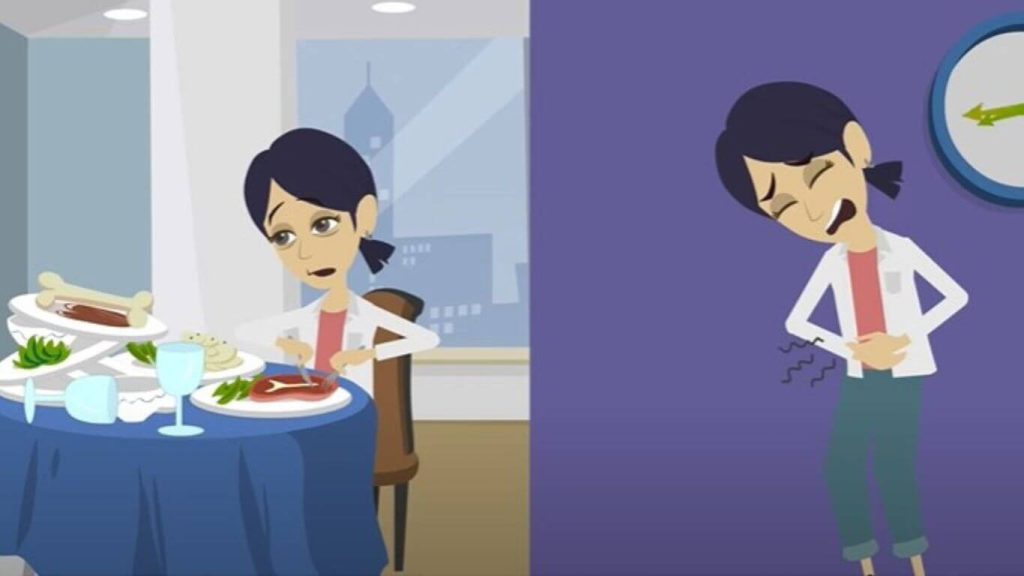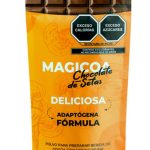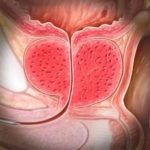As an Amazon Associate ,I earn from qualifying purchase .
Food poisoning is a common but unpleasant experience that affects millions of people each year. It occurs when you consume food or beverages contaminated with harmful bacteria, viruses, or toxins, leading to symptoms like nausea, vomiting, diarrhea, stomach cramps, and fever. Knowing what not to eat after food poisoning can be crucial in promoting healing, avoiding further discomfort, and preventing symptoms from recurring.
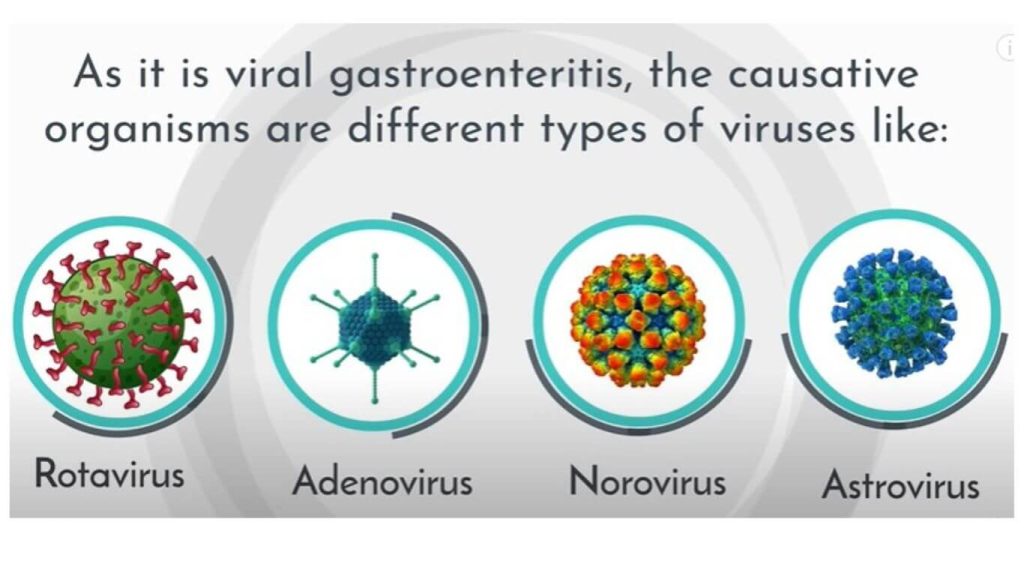
Understanding Food Poisoning Symptoms
Food poisoning symptoms can vary depending on the contaminant involved but often include:
- Nausea and Vomiting: These are typically the first signs, often occurring within hours of consuming contaminated food.
- Diarrhea: Loose stools are common and can lead to dehydration if not managed properly.
- Abdominal Cramps and Pain: Stomach discomfort is caused by the body’s natural reaction to expel the toxin.
- Fever and Chills: These may occur if your body is fighting off a bacterial infection.
- Weakness and Fatigue: Due to dehydration and loss of essential nutrients.
Symptoms of food poisoning generally appear within hours to a few days after exposure, depending on the bacteria or virus involved. Recovery time can range from a few hours to a week, with mild cases resolving more quickly.
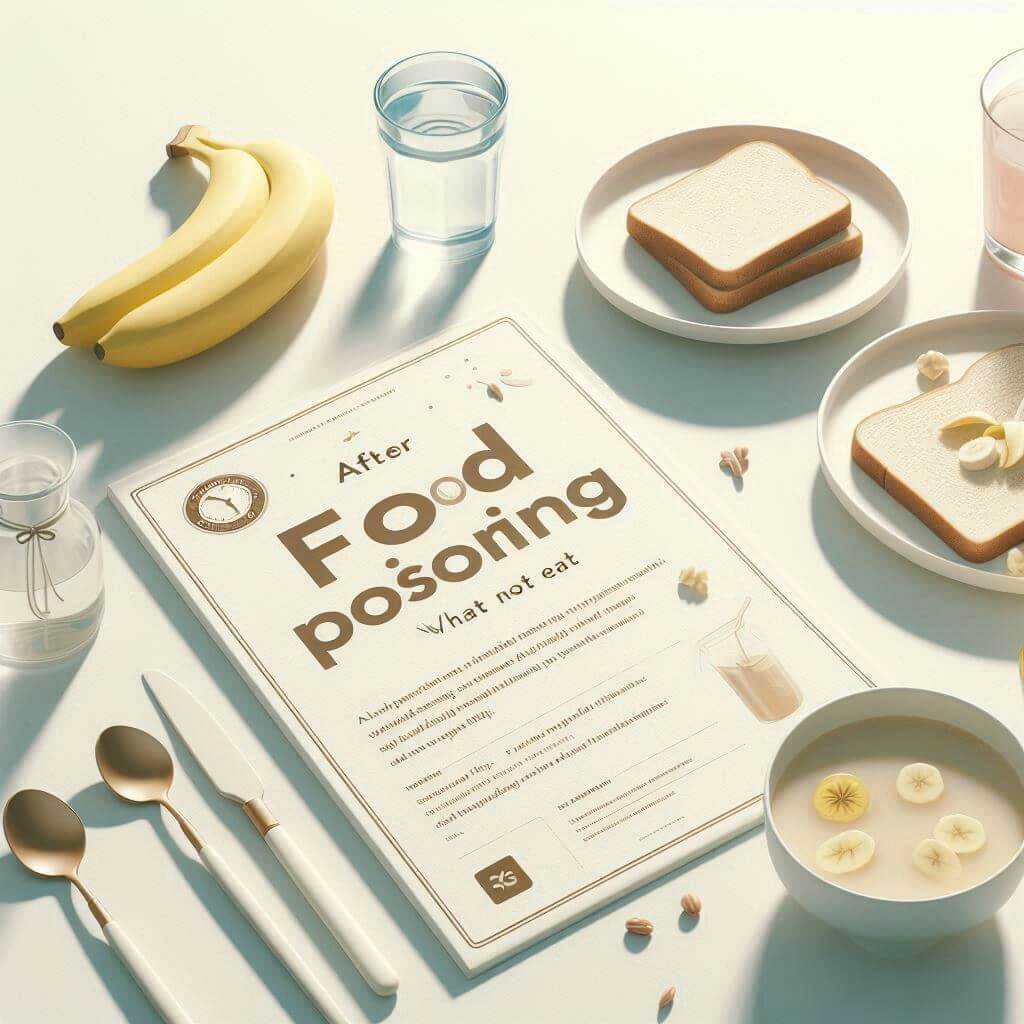
How Long Does Food Poisoning Last?
The duration of food poisoning can vary based on the type of pathogen:
- Bacterial Infections (like Salmonella or E. coli): Usually last 1-3 days but can persist up to a week in more severe cases.
- Viral Infections (like Norovirus): Often last 24-48 hours, although symptoms may linger for several more days.
- Parasitic Infections: These can be more persistent, lasting up to several weeks or even months without treatment.
The recovery time depends on factors such as your immune system’s strength, hydration levels, and the care taken to avoid foods that may worsen symptoms.
Is Food Poisoning Contagious?
Yes, food poisoning can be contagious, particularly if caused by certain bacteria or viruses. For example, norovirus, one of the most common causes of food poisoning, is highly contagious. Transmission can occur through contaminated surfaces, close contact, or exposure to vomit and stool of an infected person. Maintaining good hygiene, such as washing hands regularly and disinfecting surfaces, is essential to prevent spreading the illness.
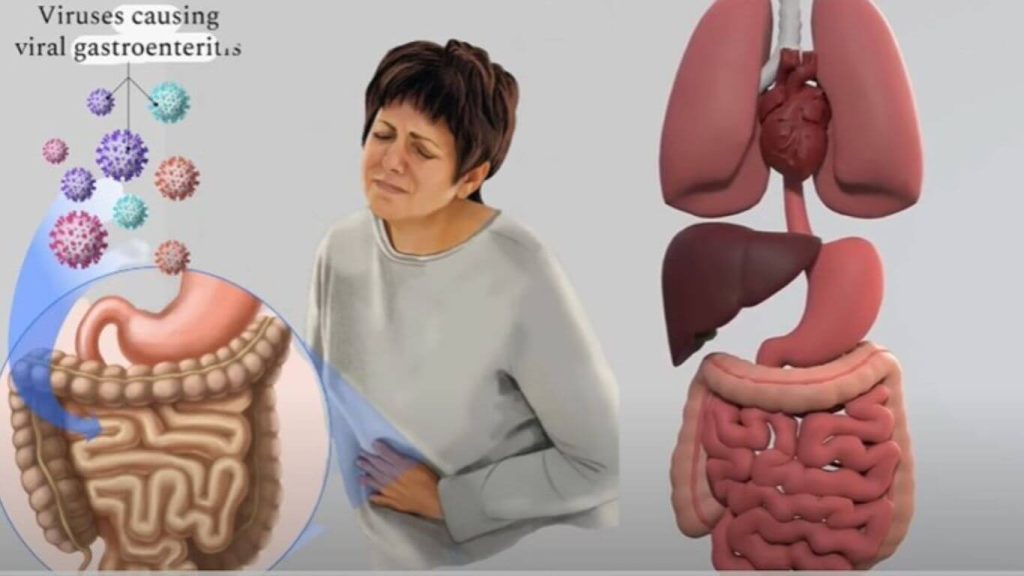
Food Poisoning Treatment and Care at Home
Treatment for food poisoning mainly involves supportive care, as most cases resolve on their own. Here are the main approaches to managing food poisoning at home:
- Rehydration: Diarrhea and vomiting can lead to dehydration. Drinking water, electrolyte solutions, or oral rehydration solutions is essential.
- Rest: Give your body time to fight off the infection by resting as much as possible.
- Avoid Anti-Diarrheal Medications: These can sometimes prolong infection by preventing the body from expelling toxins.
- Ginger and Peppermint: These natural remedies may help reduce nausea and soothe the stomach.
After Food Poisoning: What Not to Eat
Once symptoms start to subside, you may feel tempted to jump back into a regular diet, but this can lead to setbacks. Here’s a list of foods to avoid after food poisoning to ensure a smooth and swift recovery:
1. Dairy Products
While dairy products are generally nutritious, they’re best avoided after food poisoning. The lactose in milk, cheese, yogurt, and ice cream can be difficult for a weakened digestive system to process, leading to bloating, cramps, and diarrhea. Avoid dairy products for at least a few days post-recovery or until you feel your digestive system is back to normal.
2. High-Fiber Foods
Fiber-rich foods like beans, whole grains, nuts, and seeds are essential for a healthy diet but can irritate an already inflamed gut after food poisoning. High-fiber foods increase stool bulk and stimulate bowel movements, which can exacerbate diarrhea and prolong discomfort. Start with low-fiber options and gradually reintroduce fiber as your symptoms improve.
3. Greasy and Fried Foods
Fried foods like French fries, hamburgers, and other fast food items contain high amounts of fat, making them harder for your stomach to digest. A weakened digestive system may struggle to break down these fats, potentially leading to nausea, cramping, and bloating. Stick to easily digestible foods with low-fat content until fully recovered.
4. Spicy Foods
Spicy foods, such as hot peppers, spicy sauces, and heavily seasoned dishes, can irritate the stomach lining, making it harder for your digestive system to heal. Avoid spicy foods for at least a week after food poisoning. Once symptoms have completely subsided, you can slowly reintroduce spices into your diet.
5. Sugary Foods and Beverages
Sugar can ferment in the gut, especially when your digestive system is not functioning optimally, leading to gas, bloating, and diarrhea. Sugary foods like candy, desserts, and sweetened beverages can disrupt your gut bacteria and cause further digestive discomfort. Avoid sugar-heavy foods until you’re confident your stomach has returned to normal.
6. Caffeine and Alcohol
Both caffeine and alcohol can be extremely harsh on the stomach. Caffeine stimulates acid production in the stomach, which can irritate the digestive lining and cause nausea, while alcohol is a known irritant that can inflame the stomach and intestines. Avoid these beverages for at least a few days to allow your digestive system to recover.
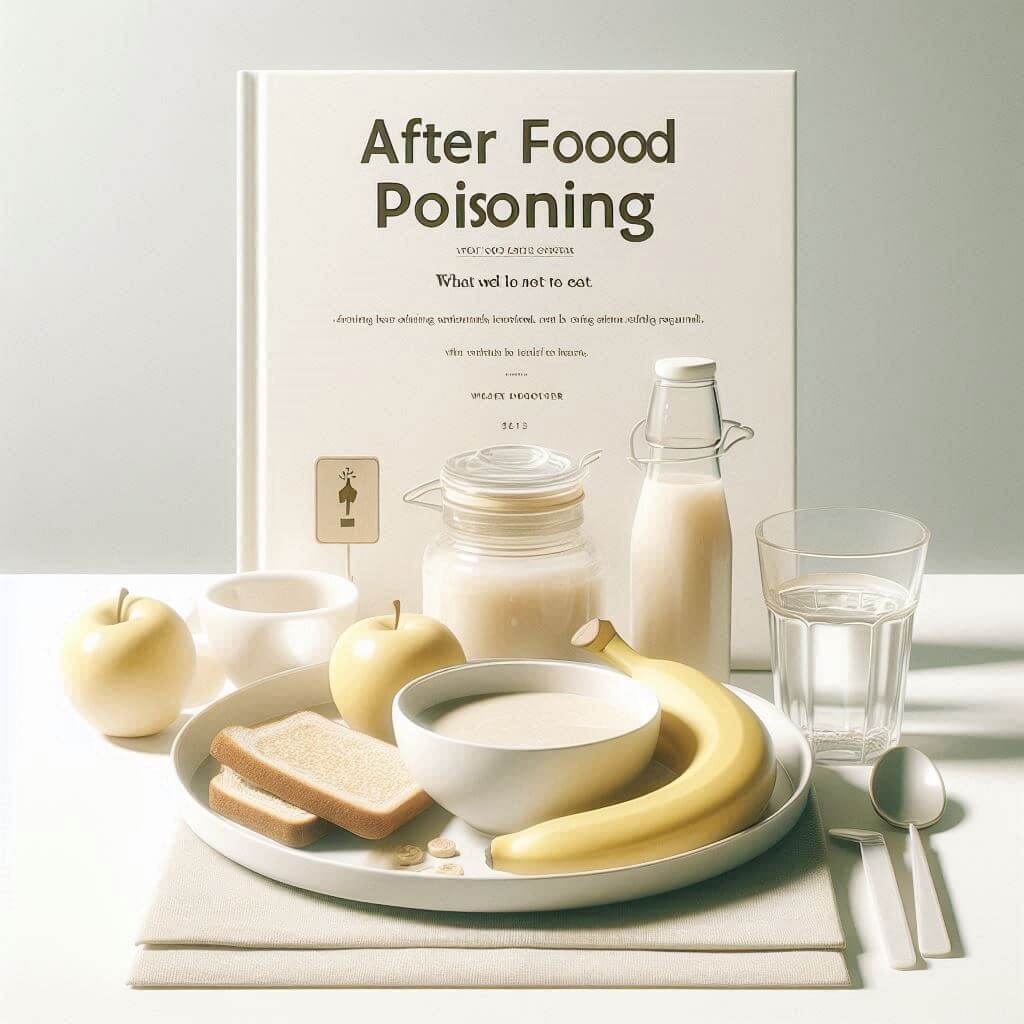
Foods to Eat After Food Poisoning for Recovery
Now that you know what not to eat after food poisoning, here are some safe options to help your digestive system heal and support overall recovery:
1. BRAT Diet (Bananas, Rice, Applesauce, Toast)
The BRAT diet is gentle on the stomach, providing easily digestible carbohydrates and minimal fiber. Bananas are particularly beneficial as they are rich in potassium, an electrolyte lost during vomiting and diarrhea.
2. Clear Broths and Soups
Clear broths, like chicken or vegetable broth, are hydrating and gentle on the stomach. They offer essential electrolytes and nutrients without being heavy or hard to digest.
3. Boiled Potatoes
Potatoes are a good source of carbohydrates that are easy to digest. Avoid adding butter, cheese, or any heavy seasonings, as they can irritate the stomach.
4. Plain Crackers and Rice Cakes
These provide a bland and easily digestible source of carbohydrates. They are especially useful in the early stages of recovery when your stomach may not tolerate much more than bland, soft foods.
5. Probiotics (if tolerated)
While dairy is typically best avoided after food poisoning, probiotic-rich foods like yogurt or kefir can be beneficial for rebalancing gut bacteria, if tolerated. Probiotics are also available in supplement form and can help restore the beneficial bacteria in your digestive system.
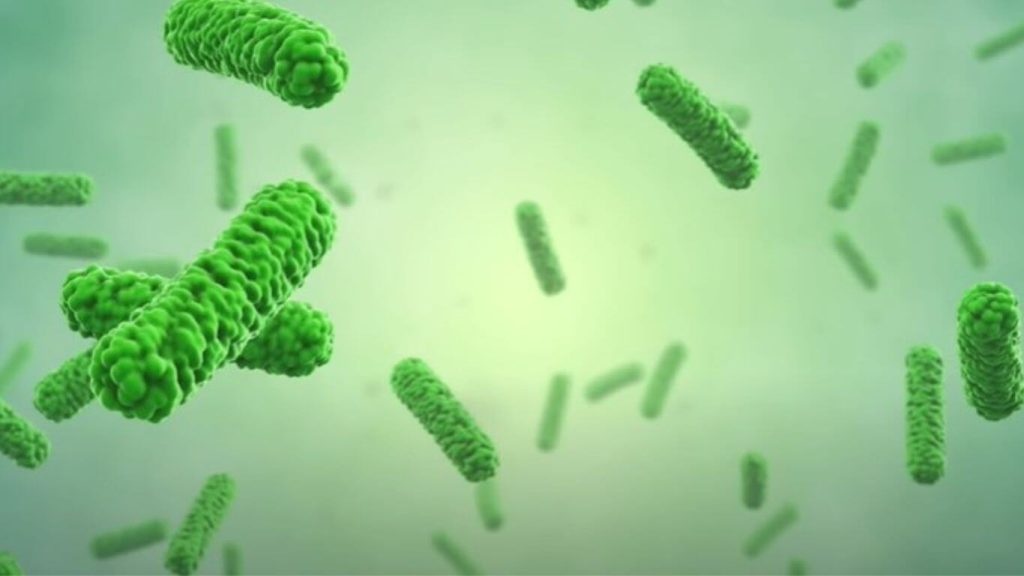
Additional Tips to Support Recovery
- Stay Hydrated: Continue to drink plenty of water or electrolyte solutions throughout your recovery.
- Gradually Reintroduce Foods: Start with the BRAT diet and slowly add more complex foods as your symptoms subside.
- Avoid Large Meals: Stick to small, frequent meals rather than large portions, which may overburden your digestive system.
- Listen to Your Body: If a certain food causes discomfort, stop eating it and give your body more time to heal.
Preventing Future Cases of Food Poisoning
The best way to prevent food poisoning is by practicing food safety:
- Wash Hands Regularly: Before and after handling food.
- Cook Foods to Safe Temperatures: Undercooked meat and eggs are common sources of foodborne illness.
- Store Food Properly: Refrigerate perishable items within two hours to prevent bacterial growth.
- Avoid Cross-Contamination: Use separate utensils and cutting boards for raw and cooked foods.
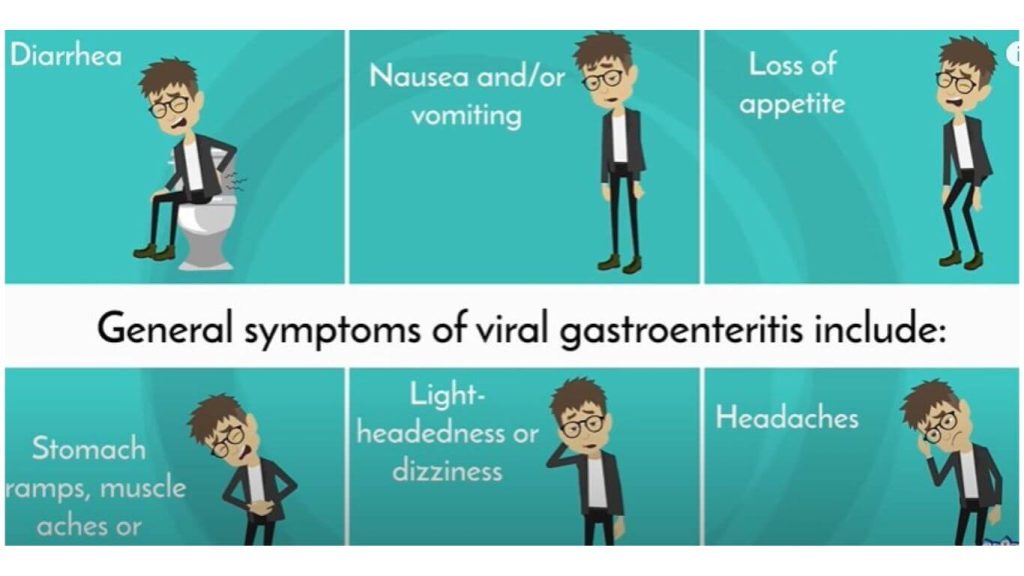
Conclusion
Recovering from food poisoning can be uncomfortable, but knowing what not to eat after food poisoning can prevent a relapse and aid your body’s natural healing process. Avoid foods that are hard to digest, such as dairy, high-fiber items, fried foods, spicy dishes, sugary treats, caffeine, and alcohol. By focusing on a gentle diet with easily digestible options, staying hydrated, and practicing food safety, you can recover swiftly and reduce your risk of future food poisoning.
